Against the Current, No. 218, May/June 2022
-
Out of the Imperial Order: Chaos
— The Editors -
"Nationtime": The Black Political Convention
— Malik Miah -
Rising Up at Amazon
— Dianne Feeley -
Book Banning Past and Present
— Harvey J. Graff -
Punishing the Criminalized Sector of the Working Class
— James Kilgore -
The Invisible Chinese Activists
— Mo Chen -
Feminism(s) in Mexico
— Margara Millán -
Faiz Ahmed Faiz: The Restless Traveler
— Ali Shehzad Zaidi -
The Complete Rosa Luxemburg
— William Smaldone interviews Peter Hudis - Revolutionary Experiences
-
Introduction to Revolutionary Experience
— The Editors -
On-the-line in Auto -- 1970s-1990
— Elly Leary -
Organizing in '70s Wisconsin
— an interview with Jon Melrod - Reviews
-
Prison Abolition: A Primer
— Efrén Paredes, Jr. -
How Alice Became an Activist
— Adam Schragin -
When Radicals Ran the U.S. Congress
— Mark Lause -
Dust Bowl Chronicler
— Cassandra Galentine -
Surveying Revolutionary Thought
— Herman Pieterson
Out of the Imperial Order: Chaos
— The Editors
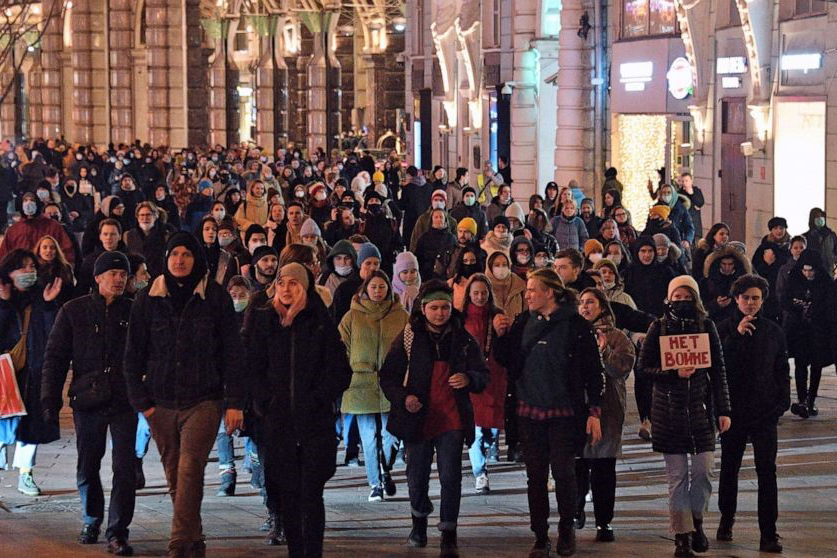
THE DESTRUCTION OF cities, civilian deaths and mass refugee flights in Ukraine under the murderous, unjustifiable and rapidly spreading Russian invasion — fueled by Vladimir Putin’s intention to eliminate Ukraine’s independent existence — has not yet touched the full depths of its terrorist barbarism. Bucha’s massacre is only a curtain-raiser. The success of Ukraine’s defensive struggle for self-determination and survival is an urgent necessity today, not only in Europe but in the world....
"Nationtime": The Black Political Convention
— Malik Miah
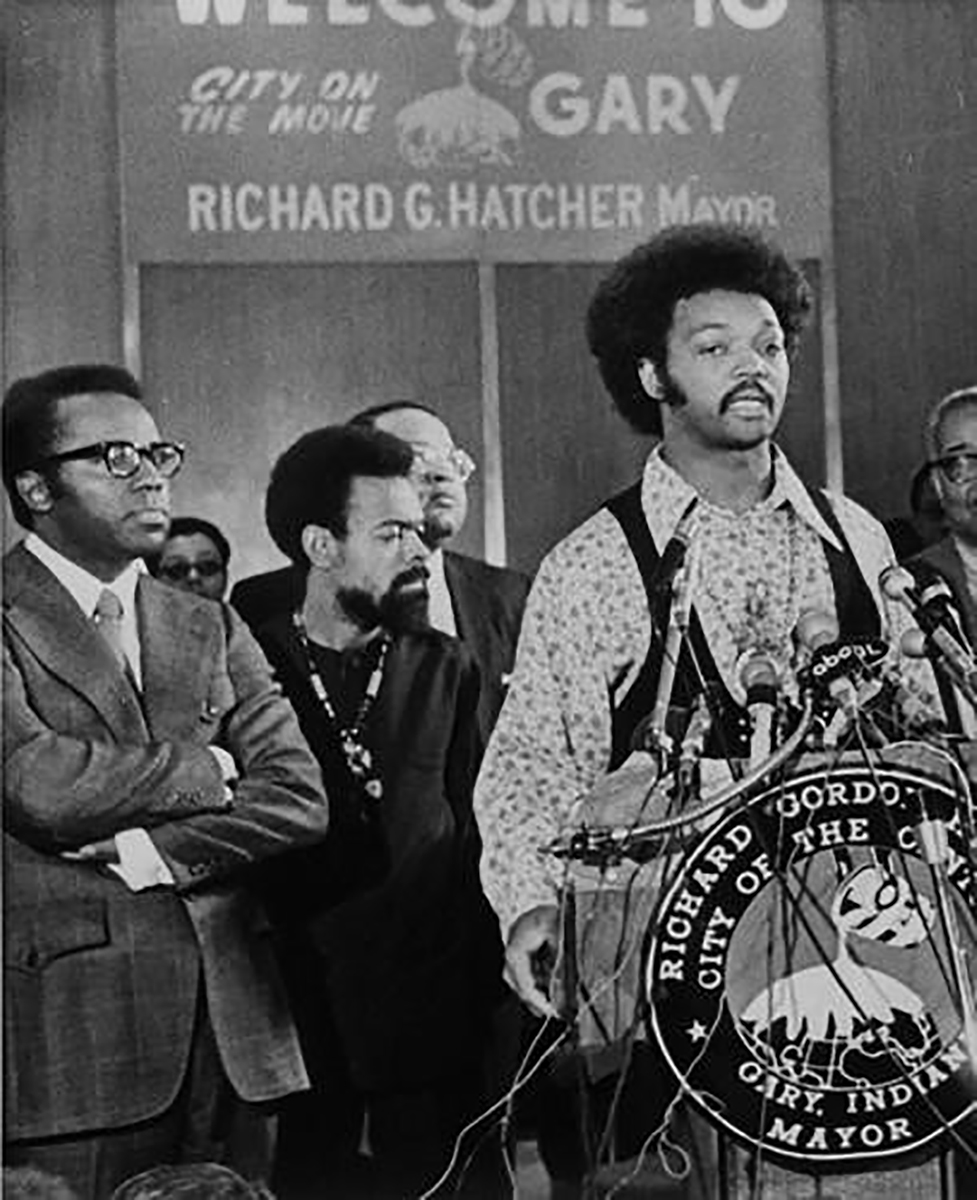
FIFTY YEARS AGO, the steel mill city of Gary, Indiana hosted an unprecedented event: over 8,000 Black people gathered in a three-day National Black Political Convention, March 10-12, 1972.
The meeting discussed a Black Agenda that raised the proposal of political independence from the two major parties and whether an independent Black political party could be forged.
This writer participated in the convention, one of dozens of young socialists who had been involved in the civil rights and anti-police violence struggles, as well as the antiwar movement that had broad support among African Americans....
Rising Up at Amazon
— Dianne Feeley

HAVING SPENT $4.3 million last year hiring union-busters, Amazon was unable to prevent workers at the 8,000 strong JFK8 warehouse on Staten Island from voting to form a union.
Already Amazon’s lawyers are hard at work, filing 25 objections about how the vote was conducted. But claiming that the National Labor Relations Board (NLRB) favored....
Book Banning Past and Present
— Harvey J. Graff

TODAY’S CAMPAIGNS BY the radical right wing to ban books in schools across the United States are unprecedented, unconstitutional, inhumane, nationally organized, and well-funded.
Unlike their predecessors, they are blatantly ignorant of the very texts they wish to erase and cancel — sometimes burn. These campaigns also have no understanding of “The People,” “The American Public” and “Public Interest;” children’s development, paths of maturation....
Punishing the Criminalized Sector of the Working Class
— James Kilgore
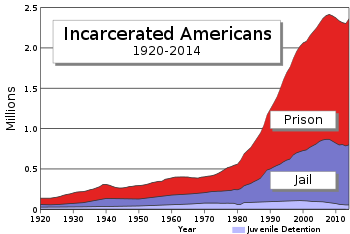
AFTER SIX AND a half years in Federal and state prisons in California, in May of 2009 I paroled to Illinois to be with my family. On my second day home, a bubbly white woman from the Department of Corrections showed up and strapped a black plastic band to my ankle — a GPS monitor.
I wasn’t worried about that plastic band. Surveillance was nothing new to me. I had spent 27 years as a fugitive with my wanted posters on post office walls. In prison, authorities watched my every move, either...
The Invisible Chinese Activists
— Mo Chen

DISCUSSIONS ON CHINA on the international Left have decidedly become more state-centric amid the escalating US-China conflict. China is regularly discussed as if the Chinese state and society are the same thing, or the Chinese state represents the general interest of the Chinese people. This has become a barrier to developing a critical understanding of China in solidarity with its labor and social movements.
This conflation is a rather recent phenomenon. Until a few years ago, the Left was far more...
Feminism(s) in Mexico
— Margara Millán

“Se va a caer porque lo vamos a tirar, no solo al patriarcado sino también al capital.”
MEXICO HAS BEEN part of the multifaceted and heterogeneous resurgence of global feminism in recent years. Indeed Mexican feminism, or shall we say feminisms, have a long and rich history (Espinosa 2009; Jaiven and Espinosa 2019)....
Faiz Ahmed Faiz: The Restless Traveler
— Ali Shehzad Zaidi

THE REVOLUTIONARY URDU poetry of Faiz Ahmed Faiz (1911-1984) retains its transformational power. Recently, Faiz’s “We Will See” became a rallying cry during student protests in India against the 2019 Citizenship Amendment Act which grants a path to citizenship only to non-Muslim refugees from Afghanistan, Pakistan, and Bangladesh.
The act also denies citizenship to those Indian Muslims who, lacking the means to acquire identity papers and birth certificates, are subjected to disenfranchisement,...
The Complete Rosa Luxemburg
— William Smaldone interviews Peter Hudis

William Smaldone is the E. J. Whipple Professor of History at Willamette University. He is the author of several books in German and socialist history including Rudolf Hilferding: The Tragedy of a German Social Democrat (1998) and, most recently, European Socialism: A Concise History with Documents (2019). He conducted this interview with Peter Hudis in January 2022.
William Smaldone: We’re here today to interview Peter Hudis, Professor of Philosophy and Humanities at Oakton Community....
Revolutionary Experiences
Introduction to Revolutionary Experience
— The Editors
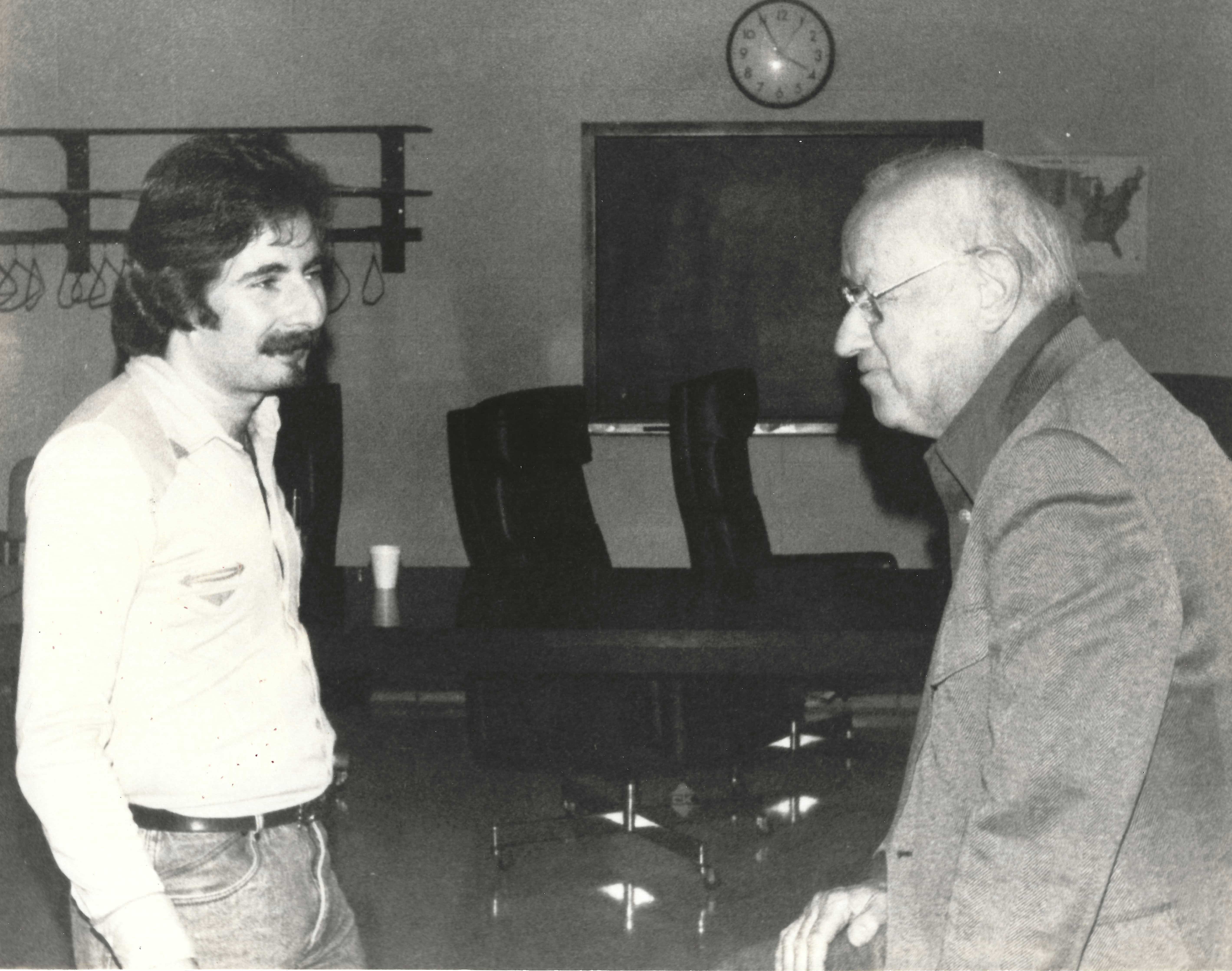
WE ARE CONTINUING a series of articles written by leftists who, under the direction of their socialist organization, took working-class jobs in order to root themselves and their organizations deeper into the U.S. working class. In recent years, an emerging generation of socialist labor activists has become keenly interested in the history of that experience, and lessons to be learned for today.
The Democratic Socialists of America's Labor Committee (DSLC) hosted three panels in early 2021 to investigate what previous generation of socialists who took working-class jobs had done. Their responses became the preparatory readings for the panels and are the basis for these articles.
This issue features two retired autoworkers, Elly Leary, a member of Liberation Road, and Jon Melrod, author of Fighting Times: Organizing on the Front Lines of the Class War.
The series will continue in our next issue. ATC would like to thank the DSLC members who worked on pulling this series together, Steve Downs and Laura Gabby.
On-the-line in Auto -- 1970s-1990
— Elly Leary
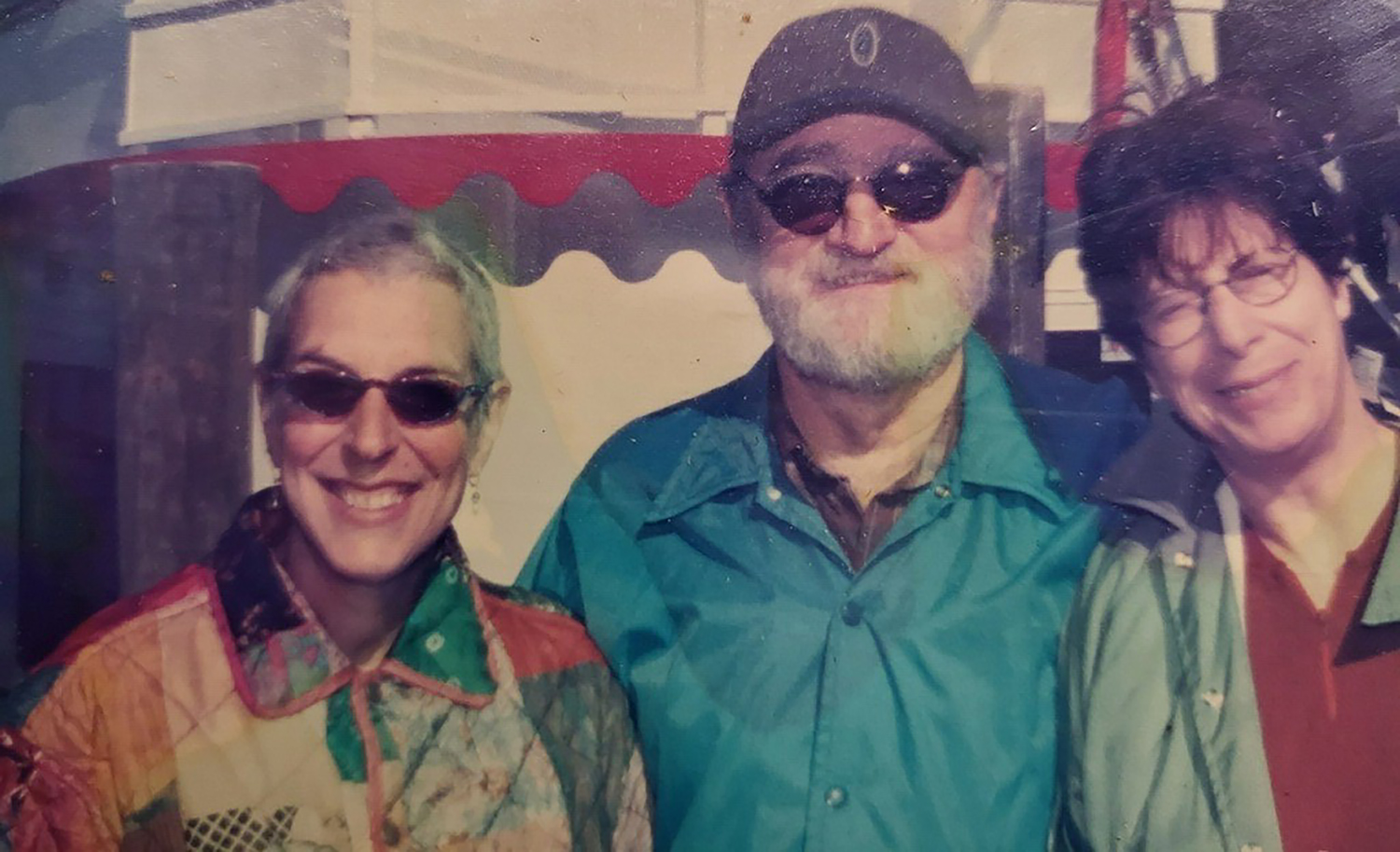
I GREW UP Jewish in the 1950s Jim Crow south. Like African Americans, Jews lived a completely separate life barred by law (dressed up in the fancy word covenants) from living in certain neighborhoods and social events and organizations. My parents were part of the Jewish ruling class so I spent a lot of time with the maids, spending weekends with them in the “ghetto” and attending Black church when my parents were out of town.
You don’t come away from such a situation unaffected....
Organizing in '70s Wisconsin
— an interview with Jon Melrod
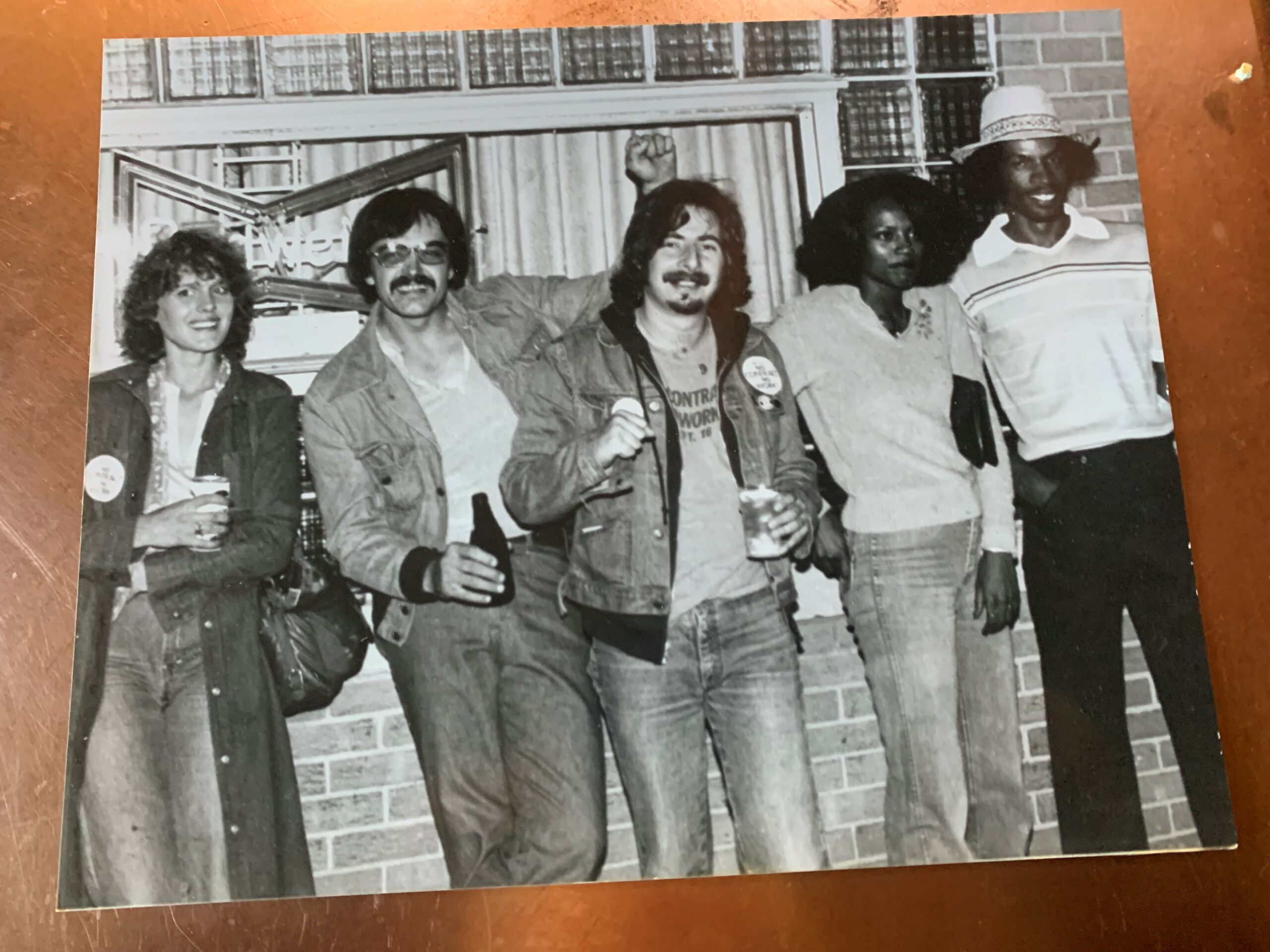
JON MELROD IS currently living in Sonoma County, California and devoting his time to promoting his upcoming book Fighting Times: Organizing on the Front Lines of the Class War. Dianne Feeley interviewed him for Against the Current.
Dianne Feeley: Where did you grow up?
Jon Melrod: Growing up in Washington, DC was like living in an apartheid-like city. When my family drove out to the Virginia countryside, I saw a Black prison chain gang, shackled together, working...
Reviews
Prison Abolition: A Primer
— Efrén Paredes, Jr.
We Do This ‘Til We Free Us
Abolitionist Organizing and Transforming Justice
By Mariame Kaba
Haymarket Books, 2021, 240 pages, hardback, paperback and e-book.
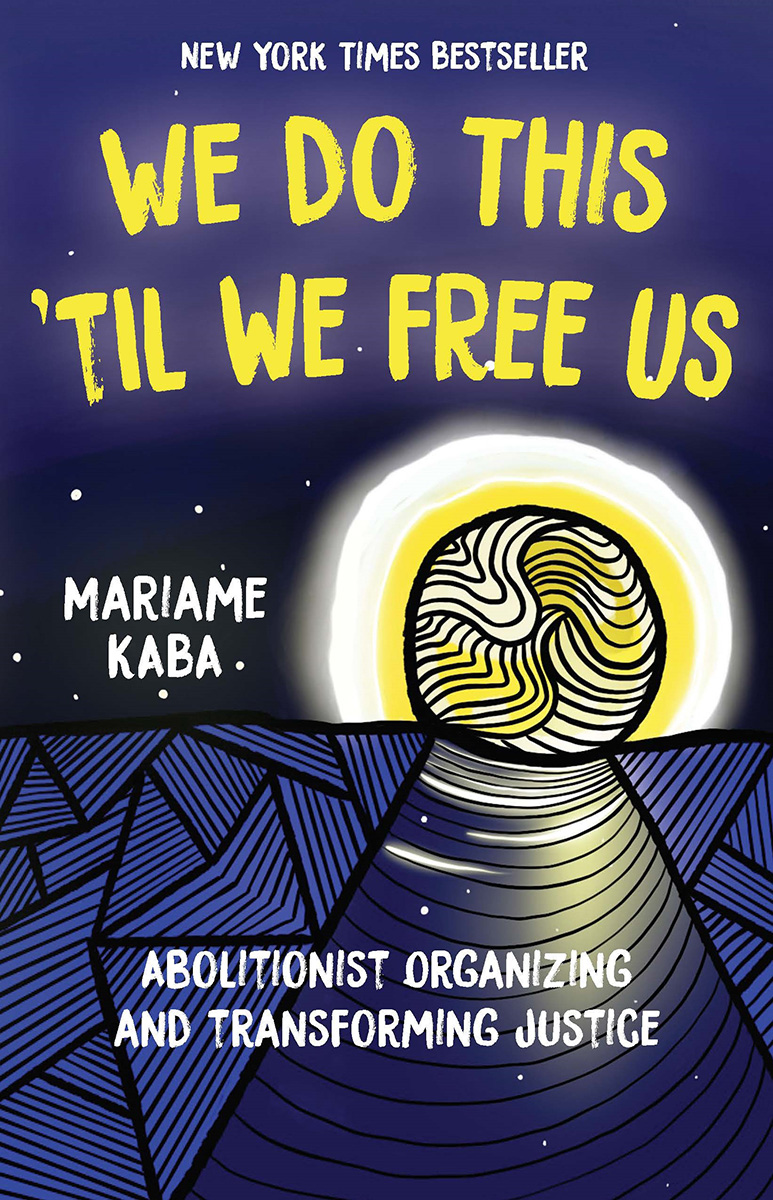
AT A TIME when conversations about the carceral state and caging of human lives have reached fever pitch, Mariame Kaba offers us a thought-provoking guide to consider a constellation of forward-thinking ideas in We Do This ‘Til We Free Us: Abolitionist Organizing and Transforming Justice. It is edited by Tamara K. Nopper and includes a foreward by Naomi Murakawa.
The book is the first of the three-part Abolitionist Papers Series. The other titles include Change Everything: Racial Capitalism and the Case for Abolition by Ruth Wilson Gilmore, and Abolition. Feminism. Now....
How Alice Became an Activist
— Adam Schragin
Voice Lessons
By Alice Embree
Tower Book Imprint/University of Texas
Press, 2021, 300 pages, $29.95 hardback.

ALICE EMBREE’S MEMOIR, Voice Lessons, weaves stories of inner and societal change to tell the story of a radical awakening in small town Austin, Texas and paints a carefully considered portrait of a life in and of movements.
The book begins with a sketch of a childhood in a much smaller, much more segregated Austin: “Fewer than 160,000 lived in Austin in 1955, and the thundering roars of jet-propelled commercial flights were far in the distant future,” she writes. Behavioral observation is a skill Embree learns early, and not infrequently what she sees is acquiescence to oppression....
When Radicals Ran the U.S. Congress
— Mark Lause

Thaddeus Stevens:
Civil War Revolutionary, Fighter for Racial Justice
By Bruce Levine
New York: Simon & Schuster, 2021, 336 pages, $18.99 paperback.
IT IS HARD to explain the importance of a Thaddeus Stevens (1792-1868) or the Radical Republicans, or even institutions such as the U.S. House of Representatives, to those only familiar with the present Congress.
In his final days, Stevens could look back on a lifetime of achievements that arguably did more good for more of...
Dust Bowl Chronicler
— Cassandra Galentine
unknown no more:
Recovering Sanora Babb
Edited by Joanne Dearcopp and Christine Hill Smith
Norman, OK: University of Oklahoma Press, 2021, $26.95 (paperback), $21.95 (ePub).

SANORA BABB’s DUST Bowl novel Whose Names are Unknown ends with a failed farm worker strike, but also leaves readers with the sentiment that “One thing was left, as clear and perfect as a drop of rain — the desperate need to stand together as one man. They would rise and fall and, in their falling, rise again.” (222)
This final scene captures the difficult material reality of fighting for better working conditions, while also gesturing toward a future of community care and collective class consciousness. A balance of reality....
Surveying Revolutionary Thought
— Herman Pieterson
Revolutionary Collective —
Comrades, Critics and Dynamics in the Struggle for Socialism
By Paul Le Blanc
Chicago, Haymarket Books, 2022, xiv + 256 pages, $19.95 paperback.
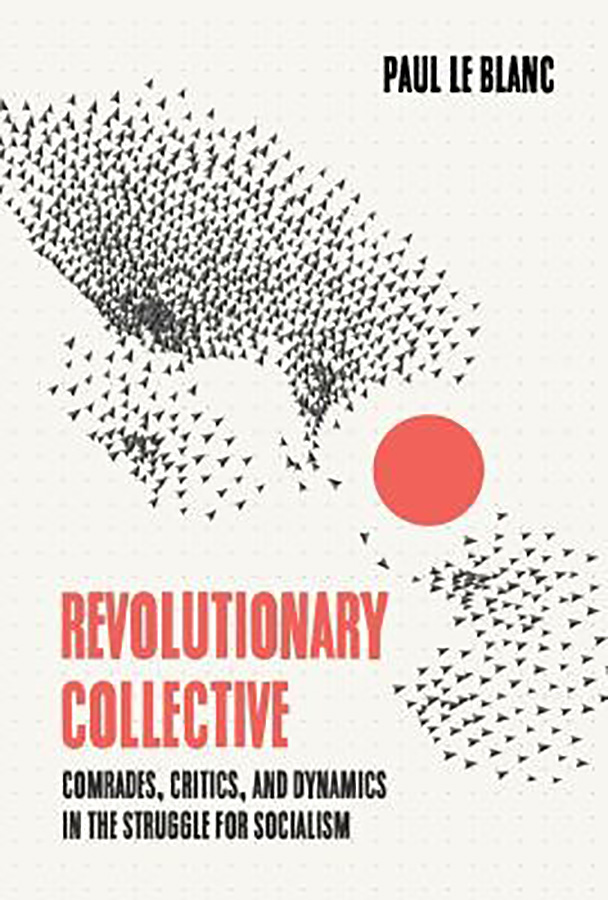
PROPOSING THAT “WE find their contributions inseparable from (the) quality of revolutionary collectivity,” Paul Le Blanc has compiled a number of essays on revolutionary and even ex-revolutionary thinkers. (vii)
The book’s somewhat disparate chapters are linked to the author’s view of the necessity of collective thinking and elaboration as well as organizing. The sense of a “revolutionary collective” across time and space involves both the goal of the struggle for socialism, the way to get there, and how individuals are part of the larger movement....

